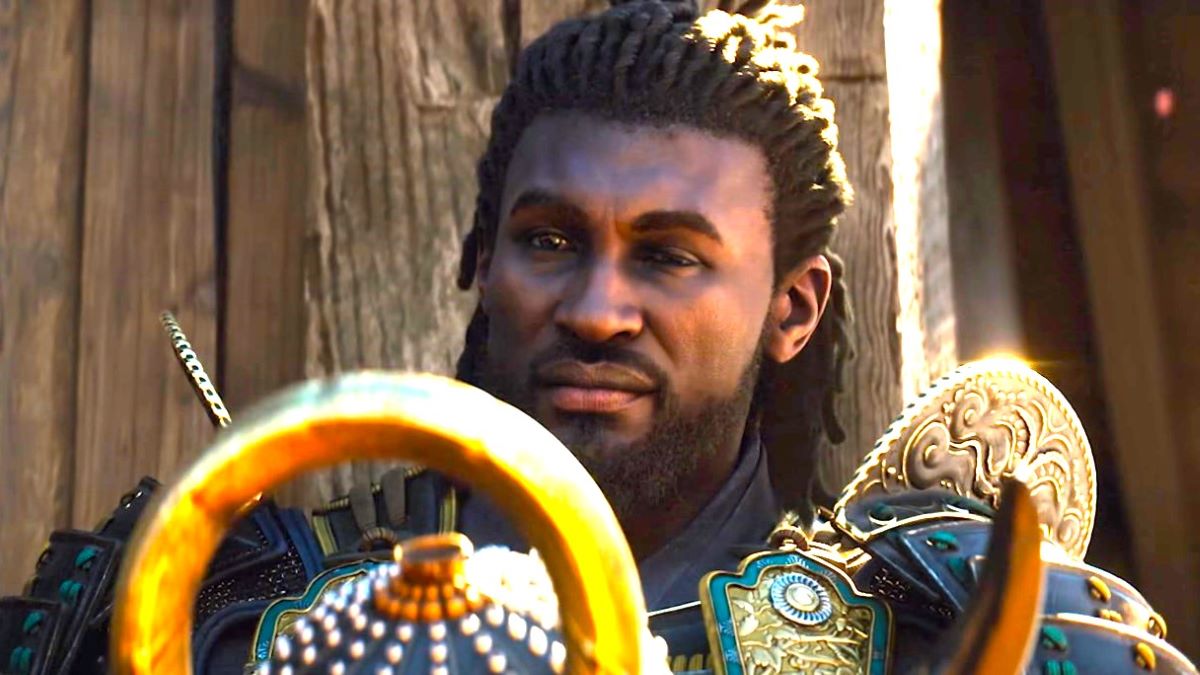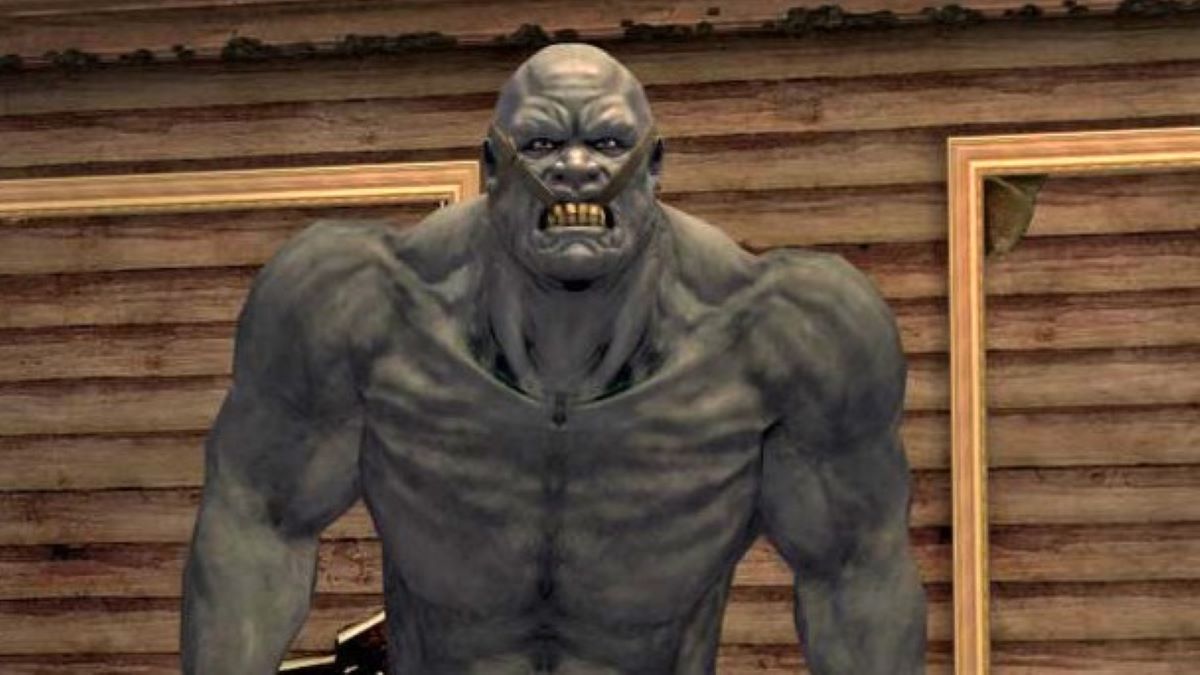While the episodic narrative adventure genre had certainly been around prior to 2012, Telltale Games’ The Walking Dead could be labeled ground zero for the genre’s current renaissance. However, while the California-based studio has continued to pump out decent stories, other developers, such as Dontnod Entertainment (Life is Strange) and The Odd Gentlemen (King’s Quest), have brought the genre to greater heights. The next evolution may be upon us, though, with the arrival of Big Bad Wolf’s The Council. If The Mad Ones is anything to go by, the developer’s first foray into the genre is shaping up to be a success.
The idea of secret societies controlling the world has been out in the open for centuries, whether you believe it or not. In the world of The Council, the preeminent ruling group is the Golden Order. With branches across Europe and even in the burgeoning United States, the Golden Order dabbles in everything from the occult to political manipulation. Despite the power of the organization, though, the leader of the French sect, Sarah Faustine de Richet, has recently gone missing on assignment. Called to where she vanished, the isolated island of the mysterious Lord Mortimer, Louis de Richet must put all of his cunning and skill to use in order to find out what happened to his mother.
As this is the first chapter of a new series, The Mad Ones is primarily interested in setting things up for the future. There are still some surprising moments (including one of the episode’s endings), but the episode is focused largely on introducing the faces you’ll be sharing the island with. With a setting steeped in history, it only makes sense that the title would have both fictional and non-fictional characters for Louis to interact with. Chief among the historical faces, at least as of now, are President George Washington (Secret Golden Order member?!) and an on-the-rise Napoleon Bonaparte. They, along with English Order member Emily Hillsborrow and Pope Pius VI legate Giuseppe Piaggi, make up the biggest introductions of the first episode. It’s an interesting cast of characters, and I’m looking forward to seeing how their relation with the de Richet’s evolves over the course of the series.

The overarching plot, specifically where Sarah went and who exactly Lord Mortimer is, are intriguing enough that I’m willing to overlook some of the questionable dialogue present here. The conversations between Louis and the other inhabitants of the island wavers between feeling period-authentic and a little too modern. This makes the dialogue feel not only tonally inconsistent at times, but also stilted and awkward. That’s not to say every single discussion comes off that way, but more than once during The Mad Ones I found myself taken out of the experience by an off-key moment. These moments aren’t helped by the flat and lackluster voice acting either, which drags down even the best of moments. Of course, due to how the game is designed, I didn’t hear every single bit of dialogue, so other options may sound better put together.
In a typical narrative adventure, you have a handful of options to choose from in a single exchange. However, while each of those options may lead to different conclusions, the same choices will always be there regardless. Not so much in The Council, which utilizes light RPG elements in order to significantly alter situations. At the outset of the game, you must choose one of three different classes for Louis to be proficient in: Diplomat, Occultist or Detective. Each class has five different skills that can be applied to a given situation. For example, one of the skills in the class I chose (Occultist) is manipulation, which allowed me to pressure certain characters into giving me critical information. As you progress trough the game, you gain points that can be used to either improve your current classes skill set, or you can start dipping into the skills found in the other two classes. You don’t have predetermined insight into these additional skills, so they take longer to acquire, but they could prove to be invaluable along the way.
As mentioned, Louis’ skills play an important role in how the story progresses. Different skills may open up entirely different conversations that could have been missed otherwise. As a Diplomat you could talk politics with the President, or as an Occultist you may impress with your knowledge of strange text. These moments can significantly change how you are perceived. Each character you meet on the island also has distinct vulnerabilities and immunities based around your skills. Piaggi is susceptible to manipulation, which allowed me to forcefully get him to trust me, for example. Each time you want to use one of these skills, though, you’ll need to burn Effort Points, so you’ll want to deploy them strategically. Every confrontation, which can take the form of a simple discussion or an out and out fight, needs to be handled efficiently and correctly if you want to proceed in your investigation.

While no one is going to mistake The Council for a full-fledged RPG, the introduction of these mechanics to the genre is doing wonders for me. I’ve had plenty of fun with other narrative adventures, but their actual gameplay has always been their weak spot. By offering you several different ways to approach a given situation, however, Big Bad Wolf has done enough to make these segments actually enjoyable to play, and not just bridges to plot development. Again, it’s not the most open-ended system, and further down the line, your choices could begin to blend together. For now, though, this deviation from the genre’s typical linearity is enough to re-energize me. With skills to be developed and traits to be acquired, I’m excited to continue to build my version of Louis up into the Occult Detective I want him to be.
I’m not sure what the budget is behind The Council, but regardless, the game is looking pretty rough in The Mad Ones. If I’m being completely honest, the game’s art style is just not working for me at all. The characters all look slightly off, whether it’s the actually horrifying visage of Sir Gregory Holm or the glazed over appearance of Duchess Hillsborrow. It’s just a really ugly game to look at, and that’s before you notice any of the technical hiccups that pop up. Appendages clip through articles of clothing, inconsistent lip-syncing, and bits of the environment glitching out were just a few I noticed during this first episode. It’s unfortunate, because the setting and location could have been designed much better, but instead just come across as cheap and horrifying.
Looking past the clumsy dialogue and off-putting visuals, there’s the potential for greatness inside The Council. The Mad Ones offers up a tantalizing look into a world that promises to keep you on your toes. By introducing minor RPG mechanics to the genre, Big Bad Wolf has helped rectify one of the biggest issues the narrative adventure has previously faced. If the studio can continue to build upon both the plot and gameplay, while also possibly cleaning up some aesthetic issues, Louis de Richet’s mysterious adventure could set the template for all future competitors.
This review was based on the PlayStation 4 version of the game, which was provided to us by Focus Home Interactive.






